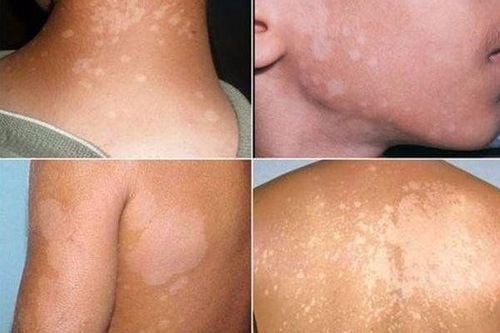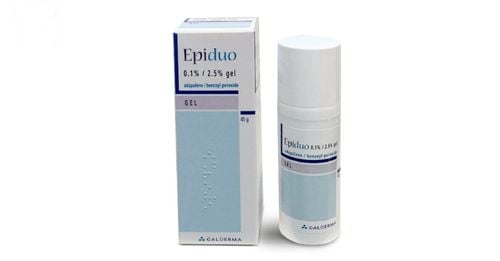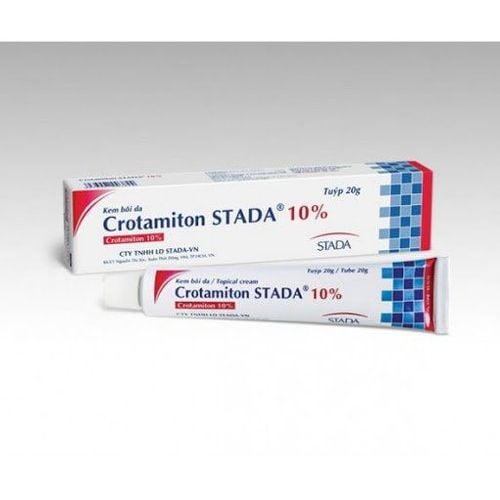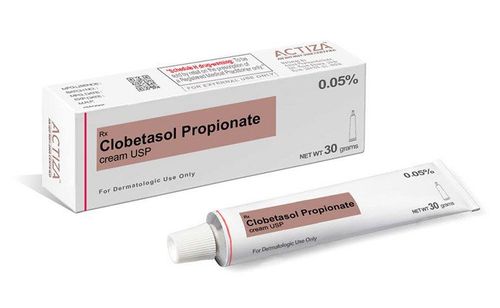This is an automatically translated article.
There are many causes for your skin to become dry and flaky, like cold air, or chlorine in a swimming pool. There is also another type of skin disease that causes dry and scaly skin, which is ichthyosis vulgaris. Scaly skin disease is an inherited disorder in which dead skin cells build up in the thick, dry scales on the surface of your skin.
1. How is ichthyosis vulgaris diagnosed?
In some patients, ichthyosis vulgaris is sometimes mild, looking like normal dry skin. But if dry and flaky skin bothers you, see a dermatologist to find out the cause and get the best treatment.
Usually, a dermatologist can diagnose ichthyosis vulgaris by looking at the affected part of the patient's skin. But to make a diagnosis, your doctor will probably ask you a few questions such as:
Does anyone in your family have a similar skin condition? At what age did dry scaly skin first appear? Do you have another dermatological condition? Do you have a medical condition or other health problem? What drugs and supplements are you taking? If you are experiencing scaly dry skin and you want to see a doctor, before you think about the answers to the above questions, it will help your doctor orient and make an easy diagnosis. than.
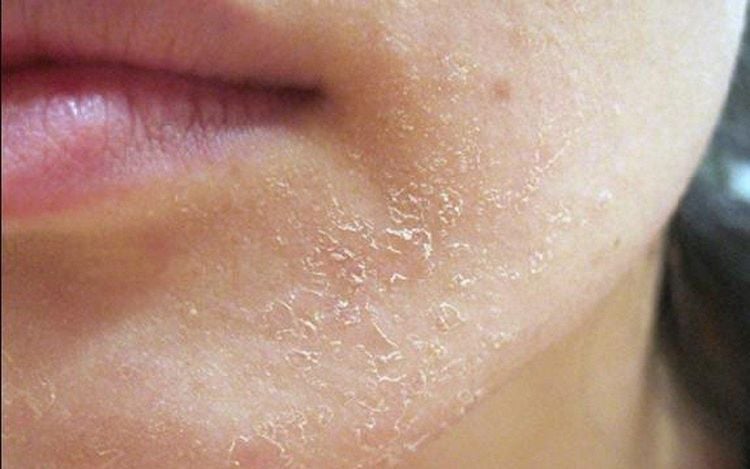
Bệnh da vảy cá ở mức độ nhẹ trông giống như da bị khô
Sometimes the appearance of ichthyosis vulgaris looks like another skin condition. Your doctor may then perform a skin biopsy to rule out other skin conditions that cause similar symptoms, such as psoriasis.
When doing a skin biopsy, the doctor will take a small part of the diseased skin to examine and look at under a microscope. Taking a skin biopsy sample is quick and easy in one visit.
In addition, your doctor may also test your saliva to look for any genetic changes that cause ichthyosis vulgaris.
2. Can fish scale skin disease be cured?
Fish scale disease is a genetic disorder that until now we still cannot cure. However, treatment still offers certain benefits, such as helping you manage your symptoms.
2.1. Home remedies to treat fish scales at home Regular bathing as directed by your doctor is a necessity. Soaking in water will help hydrate your skin and soften dry, scaly skin. But if you have sores, your doctor may advise you to apply some petroleum jelly or other similar product to the sores before bathing. This helps to reduce the irritation of the water on the affected area.

Ngâm nước thường xuyên giúp làm mềm vùng da khô đóng vảy
Some patients report that when they take a bath with salt water (adding a little sea salt to the bath water) it helps to reduce the uncomfortable stinging of the skin and can also reduce itching.
Exfoliating your skin with an ice cube (pumice stone) or an exfoliating brush or sponge in the shower can help remove excess skin. You can also combine exfoliation with products containing salicylic acid, glycolic acid, or lactic acid. This helps to reduce the size of the dry, scaly skin.
Applying moisturizer to the skin right after bathing, when your skin is still damp will help retain moisture for the skin better. There are many different types of moisturizers, and you can choose one that contains any of the following ingredients: lanolin, alpha hydroxy acid, urea, lactic acid, salicylic acid, or propylene glycol. Products with ceramides or cholesterol also help keep the skin moist.
For deep cracks in the skin need to apply petroleum jelly. This can help eliminate deep cracks. Using a humidifier in your home will help retain moisture in the air and help keep your skin from drying out. This is also one of the ways to treat fish scales effectively.
2.2. Your doctor may also prescribe specialized creams or ointments to help moisturize the skin, remove dead skin cells, and control inflammation and itching. Topical creams or ointments contain the following ingredients:
Lactic acid or other alpha hydroxy acids: these compounds are also commonly used in cosmetics for anti-aging, helping to retain moisture in the skin. .
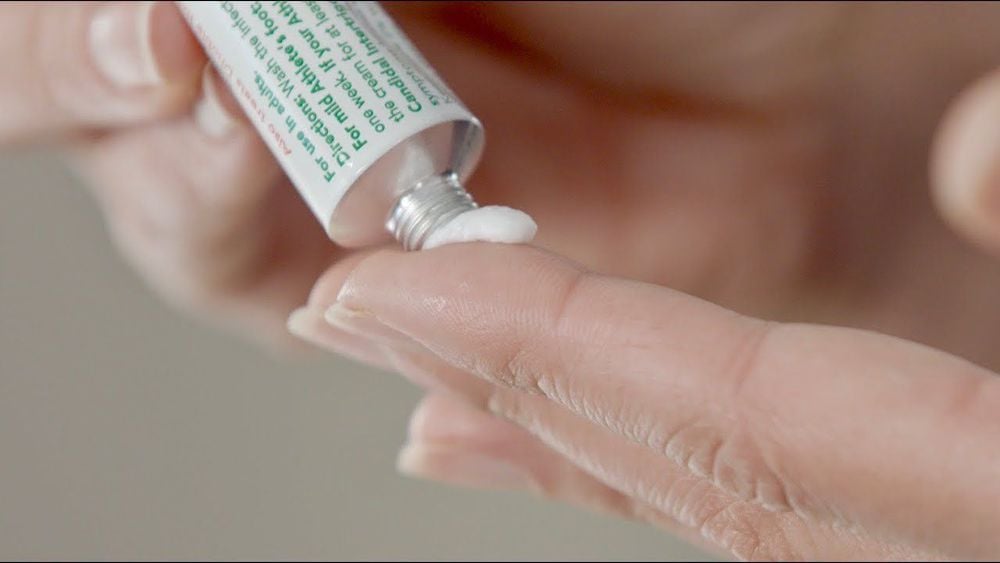
Sử dụng những loại kem bôi chuyên dụng để giữ ẩm cho da
Retinoids: retinoids can be used in difficult cases to slow down your body's production of skin cells. These substances are derived from vitamin A, so they can have some side effects. Side effects may include swelling of the lips or hair loss. If used by women during pregnancy, it can cause birth defects in the fetus. If dry, scaly skin is severe, your doctor may prescribe an oral retinoid such as Acitretin (Soriatane) or Isotretinoin (Earnica, Claravis, Sotret, etc.). These drugs can cause side effects such as weak bones, dry mouth, and stomach upset.
If your skin is infected, it is necessary to conduct treatment according to the skin infection regimen with oral or topical medication. If you have frequent skin infections, your doctor may recommend adding a small amount of bleach to your bath. However, you absolutely must not abuse this, only use it when directed by a doctor.
If ichthyosis vulgaris is mild, you may only need treatment during the winter when the air is dry. In humid climates, most fish scales improve.
Most patients with ichthyosis vulgaris have a normal life expectancy, the disease may also become less severe with age. However, most patients require continued treatment throughout their lives.
Customers can directly go to Vinmec Health system nationwide to visit or contact the hotline here for support.
Articles refer to sources: mayoclinic.org, healthline.com, webmd.com, aad.org




